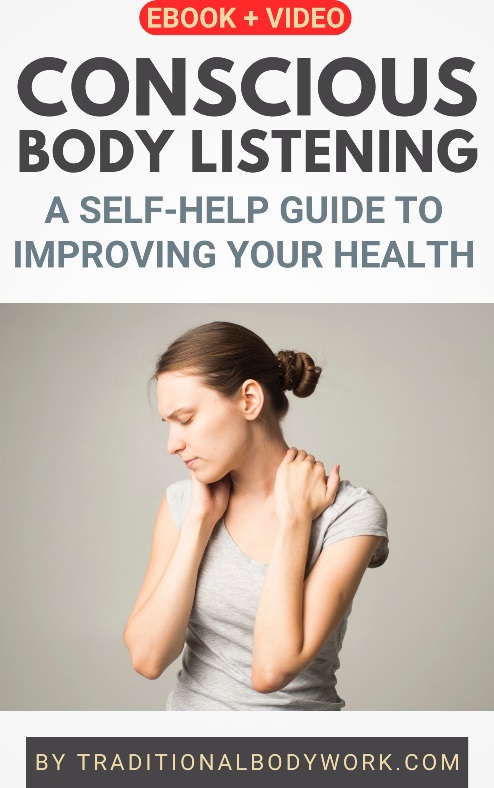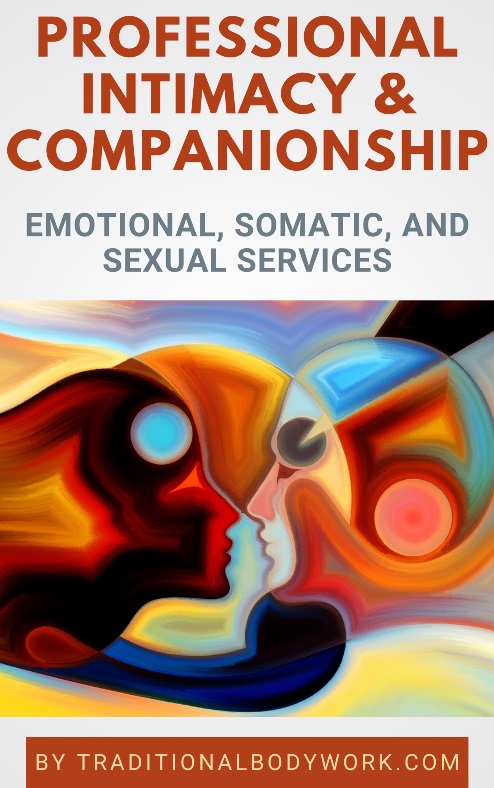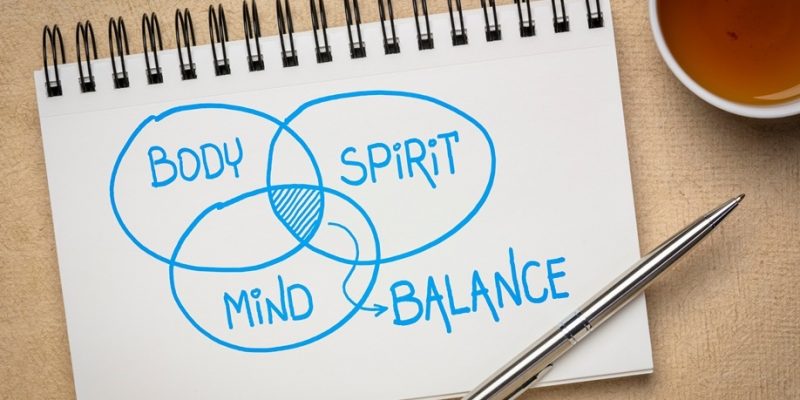
A well-known Traditional Chinese Medicine (TCM) diagnostic principle is defined as “determining the internal disturbance by observing external signs.”
It means that the state of internal body organs expresses itself externally. Hence, it’s thought that an internal disorder or dysfunction will reflect itself outwardly, for instance as abnormalities of the skin, body temperature, pulse, tongue, eyes, spirit, mood, and so on.

Therefore, by assessing the easy observable “outer layers” of a human being, you can come to an understanding of possible health issues inside the body, which typically relate to the internal organs, but sometimes likewise to certain types of emotions, and/or thoughts.
In addition, it’s also believed that emotions and thoughts can affect the internal organs. For instance, in TCM, it’s said that unresolved anger can lead to liver issues, or that constant grief can lead to lung problems, to give some examples.
TCM assessments and diagnostics aside, the point is that health issues of the internal body can affect the external body, as well as our emotions and thoughts. In addition, external body issues, such as chronic muscle tensions, can likewise affect the internal organs, for instance our blood circulation and heart function, and in turn also our emotions and thoughts.
Let me give you an example of how internal issues can cause external issues: poor blood circulation (internal cause) may lead to having cold hands (external result). Having cold hands most likely will also affect your mood. You will typically feel uncomfortable and irritable because you’ll not be able to work properly with your hands, or even focus effectively on other things.

Another example, but then of an external circumstance that can directly affect the internal body: sitting hours behind a desk with a bad posture on an inadequate chair can lead to shoulder and neck tension, which again can lead to headaches, irritability, lack of concentration, and an overall bad mood. Moreover, in the long run, it can lead to a chronic deformity of the shoulder and neck region and enduring health issues.
Externally caused emotional distress may also result in internal disturbances: being bullied on the job by colleagues causes stress, which typically leads to physical symptoms, such as headaches, stomachaches, and sleep problems. These symptoms are often accompanied by psychological effects, such as anxiety, depression, low self-esteem, and social isolation, which can lead to even more severe outcomes such as self-harm.
Hence, internal affects external, and vice versa, sometimes reinforcing each other and resulting in a vicious circle. It’s important to always keep this in mind, because it can help you to better understand what the root causes may be of a certain situation, discomfort, affliction, thought, or feeling.

 Find themed health, wellness, and adventure holidays around the world.
Find themed health, wellness, and adventure holidays around the world.
















 Find themed health, wellness, and adventure holidays around the world.
Find themed health, wellness, and adventure holidays around the world.